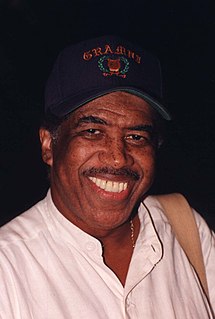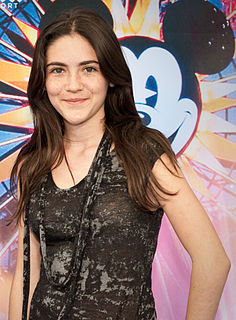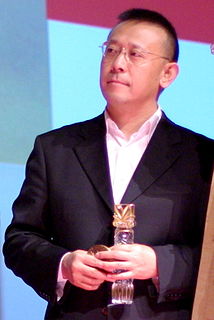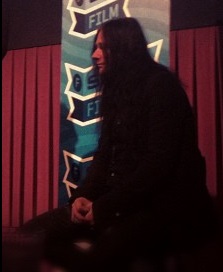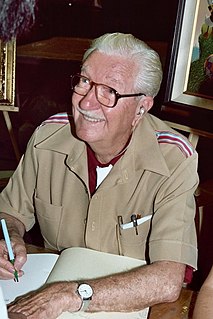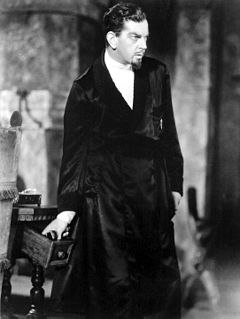A Quote by Lili Simmons
There's an indie movie I did called 'Fat Kid Rules the World,' which was based on a teen book, and it's a fabulous story, and hopefully it'll go to theaters because it is an amazing story.
Related Quotes
Wayne Wang, the director of Because of Winn-Dixie the movie, understood the book and transferred as much of the feeling of the book onto film as humanly possible. I think he did a fabulous job. And also I'm thrilled because the movie brings people to the book - people that wouldn't know about the book - and that's a great thing.
The scientific world, the materialistic world, the world of commerce, the world of business, the world of individualism, the world of capitalism, world of communism - all these worlds are the old story now. Where we think we exploit nature, we exploit people. Market rules, profit rules, money rules. We work for name, fame, power, money, profit. That's the old story.
The format of the book was the idea of my wonderful editor, Stephen Segal. Stephen and I had worked together before, on projects for the Interstitial Arts Foundation, and when he got the idea for an accordion-style book, he called and asked if I could write the story for it. I told him that I would love to try! And I knew it had to be a love story, because that's the sort of story you really want to hear from both perspectives. I mean, imagine if Pride and Prejudice were told from Darcy's perspective as well as Elizabeth's. It would be quite a different story!
Comic books are just a way to show a story. Then there are the movies, and television and exhibits like this that take the stories and make them seem so realistic. In the comic book, you're just reading a story - hopefully a good, exciting story that whets your appetite for all of this stuff to come.
A story is a story is a story. The only difference is in the techniques you bring to bear. There are always limitations on what you can and can't do. But I enjoy that. Just like when you write a sonnet or haiku, there are rules you have to abide by. And to me, playing within the rules is the fun part. It keeps the brain fresh.

